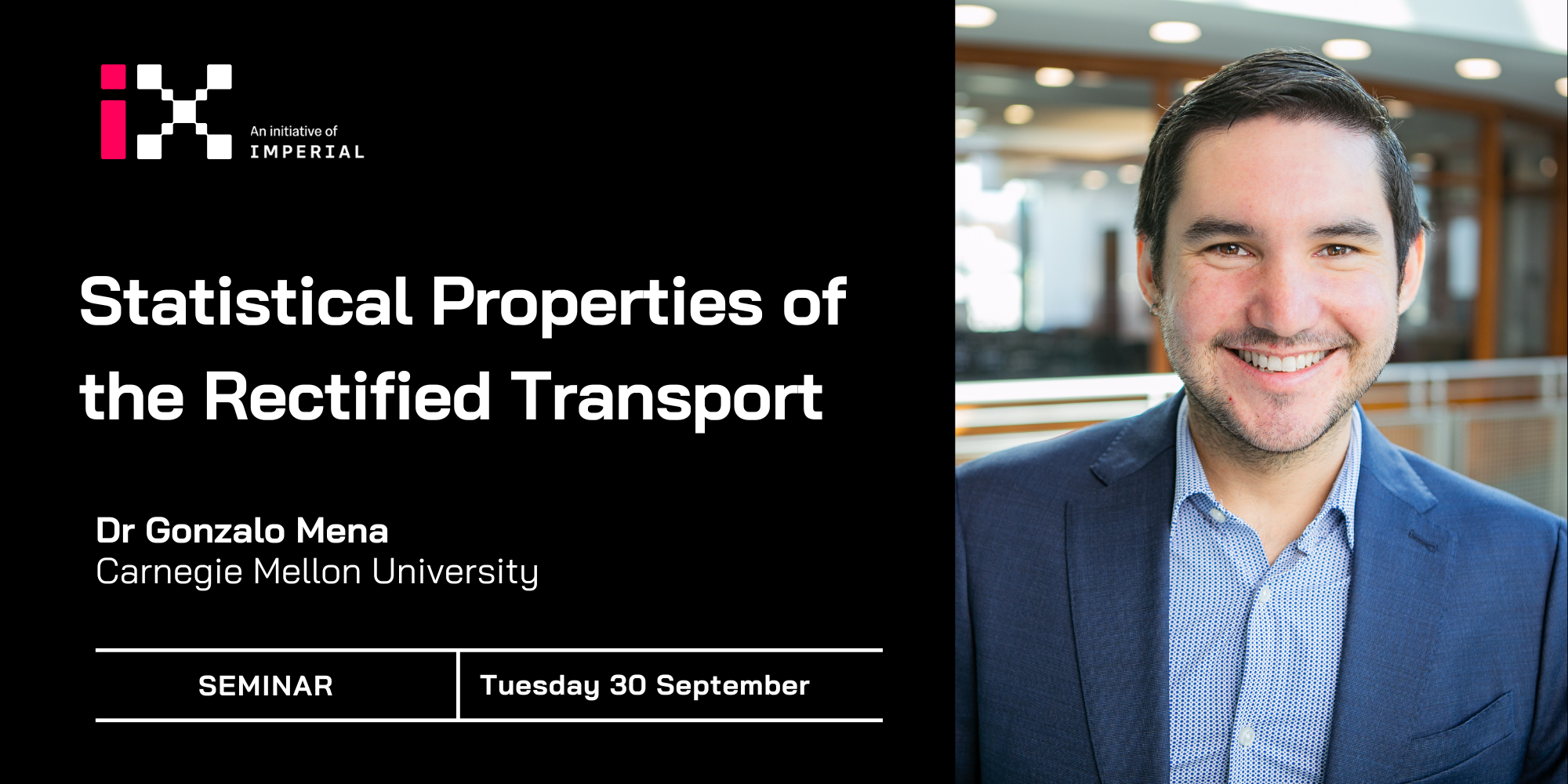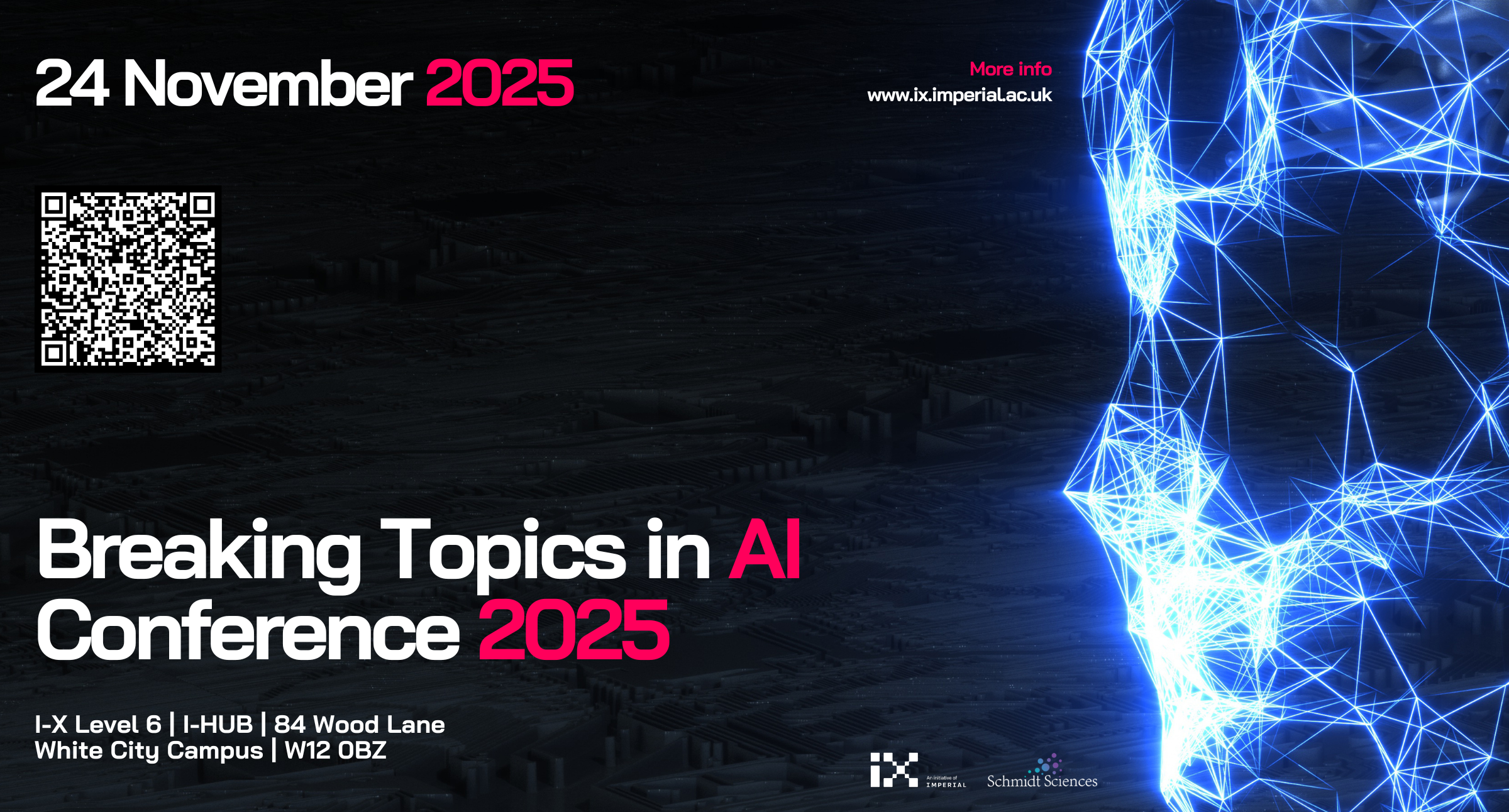Professor Sun Kim
Sun Kim is a Professor in the School of Computer Science and Engineering, Adjunct Professor of Biological Sciences, and Director of Bioinformatics Institute (2011-2021) at Seoul National University. He is also currently President of Mogam Institute of Biomedical Research and a member of National Academy of Engineering, Korea. Before joining SNU, he was Chair of Faculty Division C; Director of Center for Bioinformatics Research, an Associate Professor in School of Informatics and Computing at Indiana University (IU), Bloomington. Prior to joining IU in 2001, he worked at DuPont Central Research from 1998 to 2001, and at the University of Illinois at Urbana-Champaign from 1997 to 1998. Sun Kim received B.S and M.S and Ph.D in Computer Science from Seoul National University, KAIST and the University of Iowa, respectively.
Sun Kim is a recipient of Outstanding Junior Faculty Award at Indiana University 2004, US NSF CAREER Award in 2003, and Outstanding Faculty Award in research 2021 in the College of Engineering at Seoul National University. He is actively contributing to the bioinformatics community, having served on the editorial board for journals including editors for the METHODS journal (2013-2022), associate editor-in-chief for ACM/IEEE Transactions on Computational Biology and Bioinformatics (2019-2021) and on the board of directors for ACM SIG Bioinformatics and for education for the IEEE Computer Society Technical Committee on Bioinformatics. Among many service activities in Korea, he served on Samsung Future Technology Committee for 2016-2018, a member of The National Science and Technology Council (NSTC) of the Korean Government for 2019-2020, President of Korea Artificial Intelligence Society (2016-2018) and Vice President of Korea Society of Bioinformatics and Systems Biology (2011-present).



